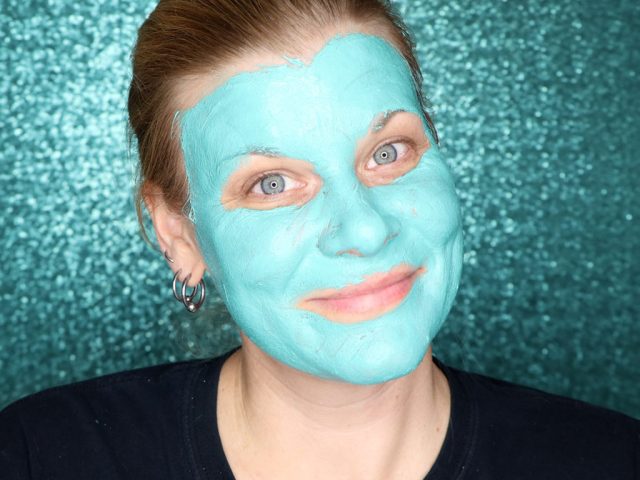Introduction
In the realm of personal grooming, skincare often takes a backseat for men. However, understanding and implementing a solid skincare routine is crucial not only for maintaining a healthy complexion but also for promoting overall well-being. This comprehensive guide aims to demystify men’s skincare, providing practical advice, debunking myths, and offering tailored recommendations to empower men to take control of their skin health.
The Basics: Know Your Skin Type
Before delving into a skincare routine, it’s imperative to identify your skin type. Men’s skin can be broadly categorized as oily, dry, combination, or sensitive. Tailoring your skincare regimen to your specific skin type ensures that you address its unique needs and challenges effectively.
Oily Skin
Men with oily skin often grapple with excess sebum production, leading to shiny skin and a propensity for acne. Choosing oil-free and non-comedogenic products can help regulate oiliness without clogging pores.
Dry Skin
On the opposite end, dry skin requires hydration and moisture retention. Incorporating hydrating cleansers, moisturizers, and serums can alleviate dryness and prevent flakiness.
Combination Skin
Many men have combination skin, featuring both oily and dry areas. Balancing products that address both concerns without exacerbating either is key for achieving harmony in your skincare routine.
Sensitive Skin
Sensitive skin demands gentle care to avoid irritation and redness. Fragrance-free and hypoallergenic products are ideal for those with sensitivity.
Crafting Your Skincare Routine
A well-rounded skincare routine comprises cleansing, exfoliating, moisturizing, and sun protection. Each step plays a pivotal role in maintaining healthy skin.
Cleansing
Regular cleansing is fundamental for removing dirt, excess oil, and pollutants. Opt for a gentle cleanser that suits your skin type, and make cleansing a twice-daily habit.
Exfoliation
Exfoliation aids in sloughing off dead skin cells, promoting cell turnover, and preventing clogged pores. However, moderation is key to avoid over-exfoliation, which can lead to irritation.
Moisturizing
Regardless of your skin type, moisturizing is non-negotiable. A good moisturizer keeps the skin hydrated, soft, and supple. Look for products with ingredients like hyaluronic acid for optimal moisture retention.
Sun Protection
Sunscreen is a crucial step in any skincare routine. UV rays can cause premature aging and increase the risk of skin cancer. Choose a broad-spectrum sunscreen with at least SPF 30 and apply it daily, even on cloudy days.
Targeted Treatments
Beyond the basic routine, incorporating targeted treatments can address specific concerns such as acne, aging, or uneven skin tone.
Acne Control
For those prone to acne, incorporating products with salicylic acid or benzoyl peroxide can help manage breakouts. However, consult a dermatologist for personalized advice.
Anti-Aging
To combat signs of aging, consider including products with retinoids, peptides, and antioxidants. These ingredients promote collagen production and reduce the appearance of fine lines and wrinkles.
Hyperpigmentation
Uneven skin tone or hyperpigmentation can be addressed with products containing ingredients like vitamin C, niacinamide, or alpha arbutin. Consistency is key for noticeable results.
Lifestyle Factors
Skincare extends beyond products; lifestyle choices profoundly impact skin health.
Diet and Hydration
A balanced diet rich in antioxidants, vitamins, and omega-3 fatty acids contributes to healthy skin. Staying adequately hydrated is equally crucial for maintaining skin elasticity.
Sleep and Stress Management
Adequate sleep and stress management are integral to skin health. Lack of sleep and chronic stress can contribute to skin issues, including breakouts and premature aging.
Consulting a Dermatologist
While a personalized skincare routine can significantly improve your skin, consulting a dermatologist is invaluable for addressing specific concerns and receiving tailored advice. Dermatologists can diagnose skin conditions, recommend prescription treatments, and provide expert guidance on achieving optimal skin health.
Conclusion
Taking care of your skin is not a luxury but a necessity, and this holds true for men as much as it does for women. By understanding your skin type, establishing a consistent skincare routine, incorporating targeted treatments, and considering lifestyle factors, you can achieve and maintain healthy, radiant skin. Remember, investing time and effort in your skincare routine is an investment in your overall well-being.





